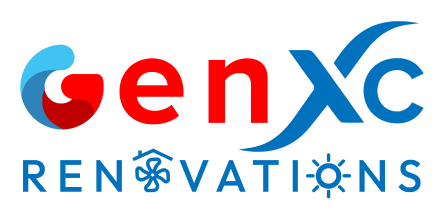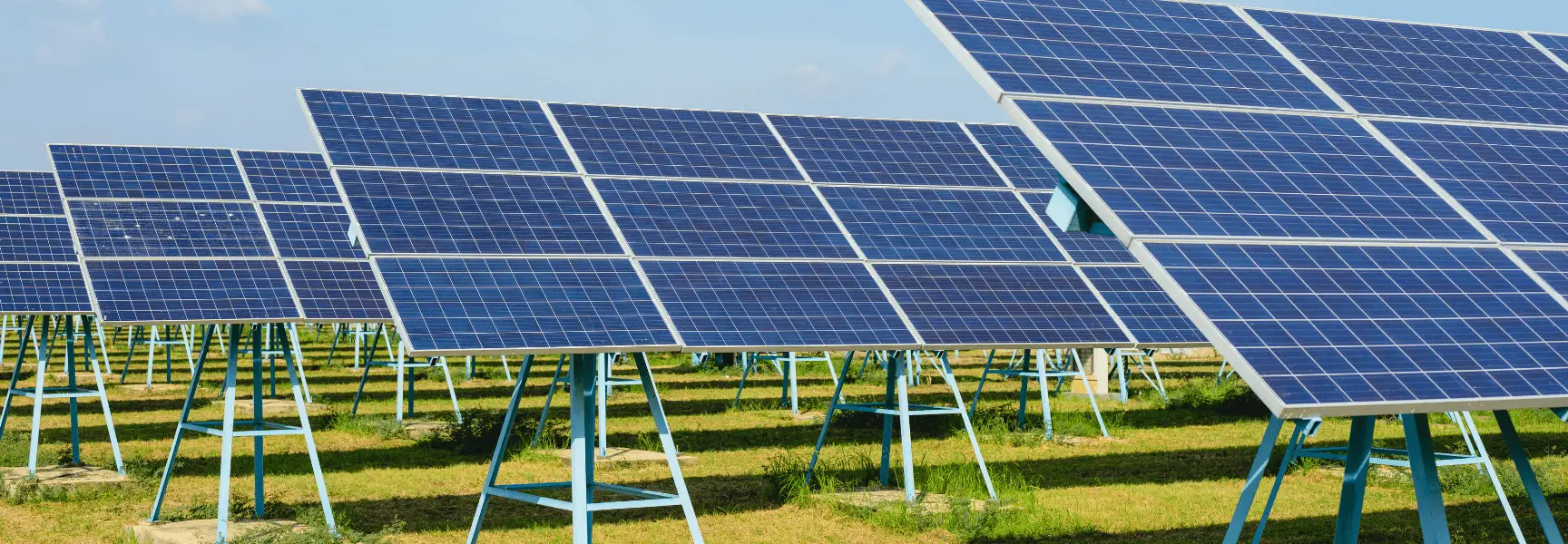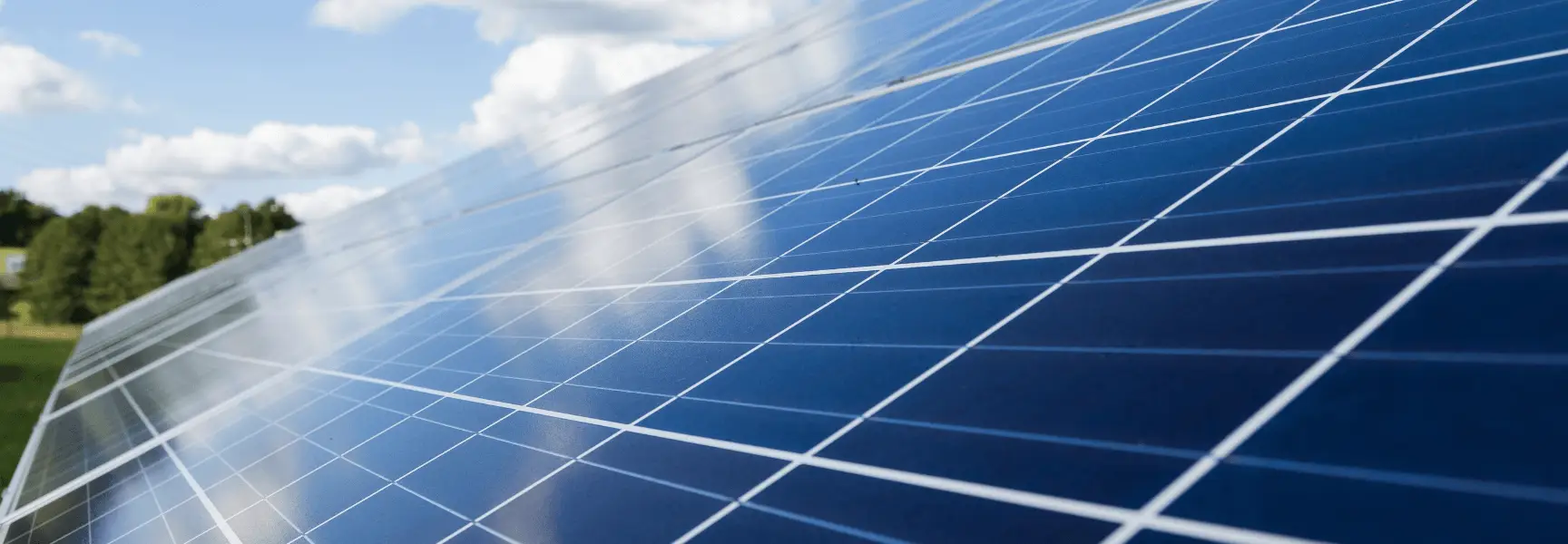Hey Florida business owners!
If you’ve been thinking about going solar, you’ve probably faced the big question: Should you lease or buy your solar energy system? It’s a crucial decision that can impact your bottom line, and with so many options available, it can be hard to know which path is right for your business. In this article, we’ll break down the pros and cons of solar leasing versus buying, using real-time data and statistics to help you make an informed decision. Whether you’re looking to lower your power bills, enhance sustainability, or make a smart long-term investment, we’ve got you covered.
Understanding Solar Leasing
Overview of Solar Leasing: Solar leasing allows you to rent a solar energy system from a provider, paying a fixed monthly fee for the energy it produces. This option has become increasingly popular among businesses looking to go solar without the hefty upfront costs.
Common Terms: Leases typically last between 20 to 25 years, with options to renew or purchase the system at the end of the term. According to the Solar Energy Industries Association (SEIA), about 30% of new commercial solar installations in the U.S. are financed through leases or Power Purchase Agreements (PPAs).
Pros of Solar Leasing:
- Low Upfront Costs: Leasing requires little to no initial investment, making solar accessible to businesses that may not have the capital to buy a system outright. This is a major draw for small to medium-sized businesses that want to start saving on energy costs immediately without a large upfront expenditure.
- Maintenance Included: Most solar leases include maintenance, repairs, and monitoring, which means fewer headaches for you. The National Renewable Energy Laboratory (NREL) reports that maintenance costs for solar systems can range from $15 to $20 per kilowatt per year, so having this covered in your lease can save you money and hassle.
- Predictable Monthly Payments: Leasing provides fixed monthly payments, which helps you manage your budget and avoid surprises. This predictability can be particularly appealing for businesses with tight cash flow, as it allows for easier financial planning.
Cons of Solar Leasing:
- No Ownership: One of the biggest downsides of leasing is that you don’t own the system, so you won’t benefit from tax incentives like the Federal Investment Tax Credit (ITC). The ITC currently offers a 30% tax credit on solar installations, but this benefit is only available to system owners.
- Limited Savings: While leasing can reduce energy costs, the savings are often less than those realized through purchasing a system outright. According to the U.S. Department of Energy, businesses that own their solar systems can achieve up to 50% more savings over the lifetime of the system compared to those who lease.
- Long-Term Commitment: Leases can lock you into a long-term contract, which may not be ideal if your business’s needs or location change. Before signing a lease, it’s important to consider your long-term plans and whether the lease terms align with them.
Understanding Solar Buying
Overview of Solar Buying: Buying a solar energy system means you own the equipment outright, either through a cash purchase or financing. This option is often seen as a long-term investment in your business’s future.
Common Financing Options: Businesses can finance their purchase through loans, property-assessed clean energy (PACE) programs, or outright purchase. According to EnergySage, about 70% of commercial solar installations are financed through loans or cash purchases, highlighting the growing preference for ownership.
Pros of Solar Buying:
- Ownership Benefits: Owning your system allows you to take full advantage of tax incentives like the ITC, which can cover 30% of the installation cost. This means significant savings right off the bat, making solar more affordable for many businesses.
- Greater Savings: While the initial cost is higher, owning your system can lead to greater savings over time. Most systems pay for themselves within 5 to 7 years, according to the Solar Energy Industries Association (SEIA), after which the energy generated is essentially free.
- Increased Property Value: Solar installations can increase your property value, making your business more attractive to buyers or tenants. Studies by Lawrence Berkeley National Laboratory show that properties with solar installations sell faster and at a premium compared to those without.
Cons of Solar Buying:
- High Upfront Costs: The biggest hurdle to buying is the upfront cost, which can be significant depending on the size of the system. However, with financing options like solar loans or PACE programs, many businesses can spread out the cost over time.
- Maintenance Responsibility: As the owner, you’re responsible for maintenance and repairs, which can add to the overall cost. However, with proper maintenance, these costs can be minimized, and many providers offer affordable maintenance packages.
- Cash Flow Impact: Purchasing a system outright can impact your cash flow, especially if you’re financing through loans. It’s important to weigh the immediate financial impact against the long-term savings and benefits.
Comparing Solar Leasing and Buying in Florida
Cost Comparison: In the short term, leasing offers lower upfront costs, making it an attractive option for businesses with limited capital. However, buying typically results in lower long-term costs due to ownership benefits and tax incentives. According to NREL, the levelized cost of energy (LCOE) for owned systems is often 10-20% lower than for leased systems over the life of the system.
Flexibility and Control:
- Customization: When you buy, you have greater flexibility in system design and installation, allowing you to optimize the system for your specific energy needs. Leasing might limit your options, as the leasing company typically retains control over system design and performance.
- Control Over Energy Costs: Ownership gives you full control over your energy production and savings, while leasing ties you to fixed payments regardless of energy output. This can be a significant consideration if your energy needs fluctuate seasonally or as your business grows.
Impact on Business Operations: Both leasing and buying can be managed to minimize disruptions to your business operations. However, owning your system may offer more flexibility in scheduling and system integration, allowing you to better align the installation process with your business’s operational needs.
Which Option is Best for Your Business?
Consider Your Financial Situation: Your budget and cash flow will play a big role in deciding whether to lease or buy. If you have the capital or access to financing, buying may offer better long-term benefits. If cash flow is a concern, leasing could be the better option to start enjoying solar savings right away.
Long-Term Business Goals: Think about your long-term business strategy. If you plan to stay in your current location for the foreseeable future, buying could maximize your investment. Leasing may be better if you expect to move or expand soon, as it offers more flexibility in relocating the system.
Risk Tolerance: Buying involves more financial risk upfront, but offers greater rewards in terms of savings and tax incentives. Leasing reduces risk but may limit potential savings. Your decision should align with your business’s risk tolerance and financial goals.
in conclusion...
To recap, choosing between leasing and buying solar depends on your financial situation, long-term goals, and risk tolerance. Both options have their merits, but understanding the differences can help you make the best decision for your business.
Ready to explore your options? Contact us today for a personalized consultation and find out whether leasing or buying solar is the right choice for your Florida business.



